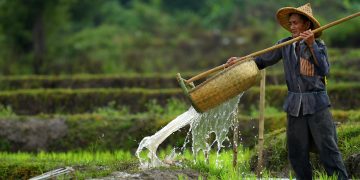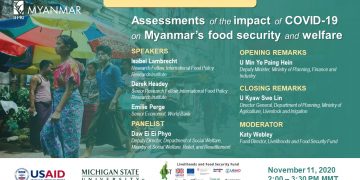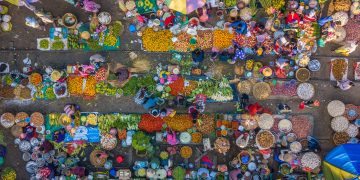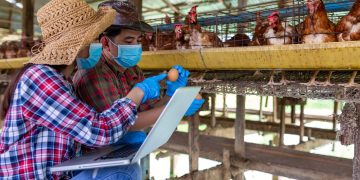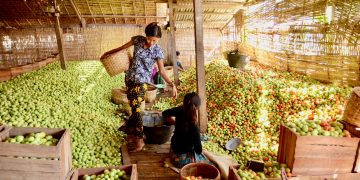IFPRI-Myanmar and partners are conducting a number of surveys monitoring the impacts of COVID-19 on Myanmar’s food security. The following is a summary compiled by the Agriculture and Rural Development Sector Coordination Group (ARDSCG) of the October findings.
To assess the economic and food and nutrition security impacts of COVID-19 in Myanmar, IFPRI-Myanmar developed and implemented the Rural-Urban Food Security Survey (RUFSS), a household phone survey of approximately 2,000 mothers in urban and peri-urban Yangon, Myanmar’s largest city, and in the rural Dry Zone, an agricultural production area in the center of Myanmar. RUFSS was initiated in June 2020.
COVID-19 impact assessments for Myanmar
The second wave of COVID-19 brings renewed economic disruptions and poses new challenges for efforts to avert poverty, food insecurity, and malnutrition. In this seminar, policymakers and partners discuss the impacts of the second wave and highlight actions for social protection and economic recovery.
Myanmar survey findings summarized (September 2020)
IFPRI-Myanmar and partners are conducting a number of surveys monitoring the impacts of COVID-19 on Myanmar’s food security. The following is a summary compiled by the Agriculture and Rural Development Sector Coordination Group (ARDSCG) of the September findings.
COVID-19 and business responses: How are Yangon’s poultry farmers adapting to the pandemic? (Late July)
Although poultry demand is returning to normal, farms around Yangon are still facing challenges due to the COVID-19 pandemic. Learn more about our recommendations to help Myanmar poultry farmers adapt to COVID-19.
How COVID-19 affects agricultural production in the Dry Zone (June)
COVID-19 has drastically affected agricultural production and livelihoods in Myanmar. In this blog post, IFPRI researchers measure the impacts by surveying farming communities in the Dry Zone. With this information, they offer policy recommendations to help Myanmar farmers.
